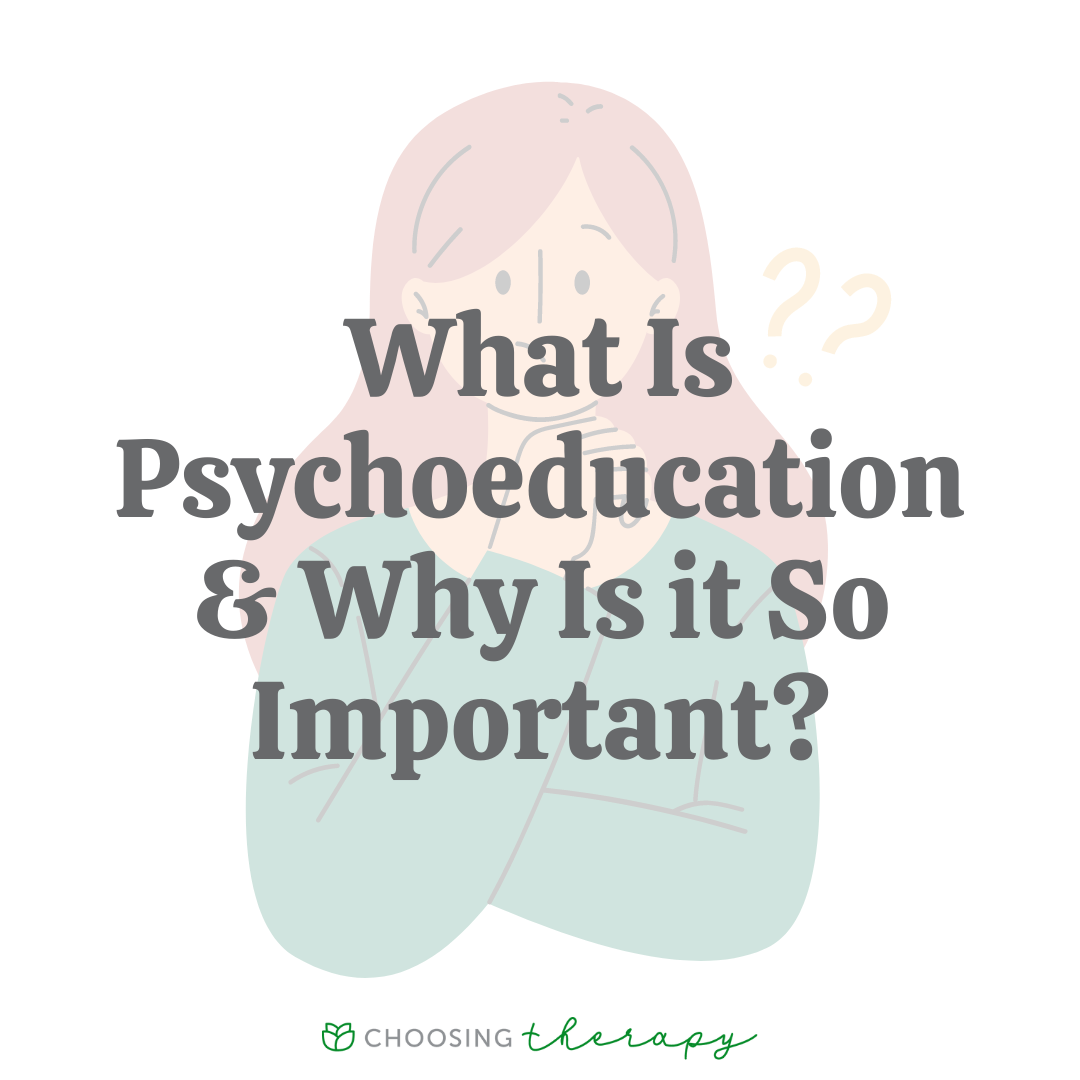 UBa E-Learning
UBa E-Learning
72 Courses
First Semester- FED
EPYZ4106 Psycho-Educational Interventions
Psycho-education or psycho-educational interventions are a type of therapeutic approach that combines education and psychological principles as well as other solution-oriented processes or interventions that may be designed or adopted to help individuals acquire knowledge and skills to better understand and manage their mental health issues (or life-threatening/terminal illnesses), emotional disorders and other psychological challenges. When diagnosed, psycho-educational interventions are also used to help people deal with educational and developmental needs as well as appropriate and inappropriate behaviours they may be facing or demonstrating. These interventions are typically used in the context of mental health and can be applied in various settings, including schools, clinical therapy, and community programmes. The primary goals of psycho-educational interventions include increasing awareness, providing coping strategies, and enhancing overall well-being. They are built on the premise that those who have a thorough understanding of the challenges they are facing as well as knowledge of personal coping ability, internal and external resources, and their own areas of strength are often better able to address difficulties, feel more in control of the condition(s), and have a greater internal capacity to work toward mental and emotional well-being. Through its intervention programmes, psycho-education equips people and their families with the information and skills they need to cope with a variety of mental health conditions. Therefore, the objectives of psychoeducational intervention include the following: informing clients and families about various aspects of the condition, debunking misconceptions about the condition and promoting awareness, providing information regarding different treatment/intervention and medication options as well as their risks, teaching families how to interact with the client and what to avoid during interactions, drawing attention to early signs of relapse, and increasing the likelihood of integration of affected individuals into their home communities.
- Teacher: Joseph Lah Lo-oh
- Teacher: ROLAND ANGU
- Teacher: Joseph Lah Lo-oh
- Teacher: Ngufor Muki Asangha
- Teacher: Ngufor Muki Asangha
- Teacher: ROLAND ANGU
- Teacher: Ngufor Muki Asangha
- Teacher: Ngufor Muki Asangha
